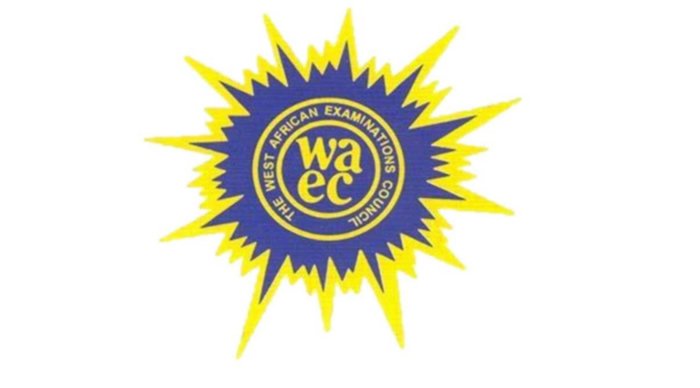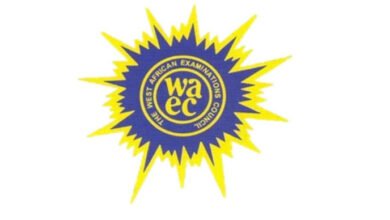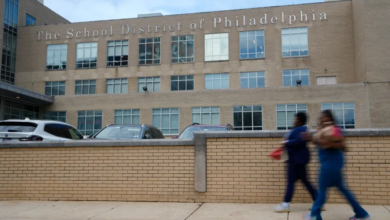WAEC to Review 2025 WASSCE Results After Admitting Errors in 4 Subjects

The West African Examinations Council (WAEC) acknowledged on Thursday, August 7, that errors had been discovered in the results of the May/June 2025 West African Senior School Certificate Examination (WASSCE) that were released.
The council has begun an urgent review of the results, specifically in four core subjects: Mathematics, English Language, Biology, and Economics.
WAEC had released the results on Monday, August 4, for 1,969,313 candidates from 23,554 secondary schools. However, only 38.32% of candidates obtained credits and above in a minimum of five subjects, including English Language and Mathematics, a sharp and troubling drop from the 72.12% recorded in 2024.
The dramatic decline sparked public outcry, with some stakeholders calling for the cancellation of the results and others demanding the immediate release of results withheld over allegations of examination malpractice.
According to WAEC, 192,089 candidates, representing 9.75% of the total, had their results withheld due to reported cases of malpractice. This figure is a slight improvement from the 11.92% recorded in 2024. Nonetheless, the larger concern has centered around the fairness and integrity of the released results.
In a statement signed by the acting Public Affairs Officer, Mrs. Moyosola Adesina, WAEC explained that the errors were due to technical issues discovered during an internal post-release review. These were linked to a new security feature called “paper serialisation,” which was introduced as an anti-malpractice measure in the four affected subjects.
The council noted that while the innovation aligns with best practices, it inadvertently introduced technical bugs that distorted the results.
As a result, access to the 2025 results has been temporarily disabled on the result-checking portal, with WAEC assuring candidates and the public that the issues will be resolved within 24 hours. Candidates who had already checked their results have been advised to re-check after the corrections are made.
While WAEC’s prompt acknowledgment and apology are important steps, this development raises serious concerns about children’s rights. When technical failures and administrative errors undermine the credibility of public examinations, children are unfairly denied access to educational opportunities and scholarships.
Moreover, the uncertainty and fear generated by such a high-stakes error can result in psychological harm as it can take a toll on students’ mental health, dignity, and self-worth. Every child deserves to be assessed fairly, accurately, and without undue trauma.





